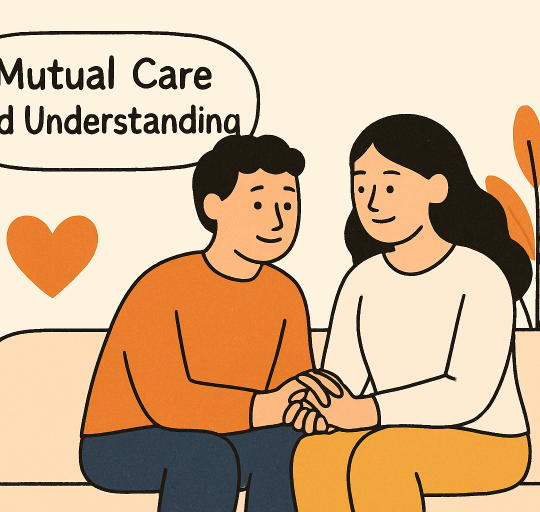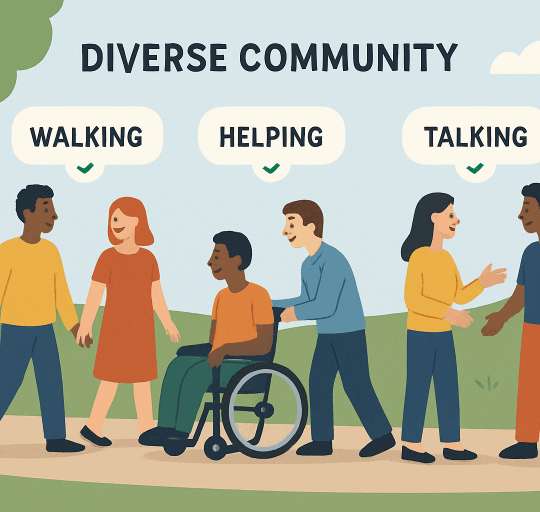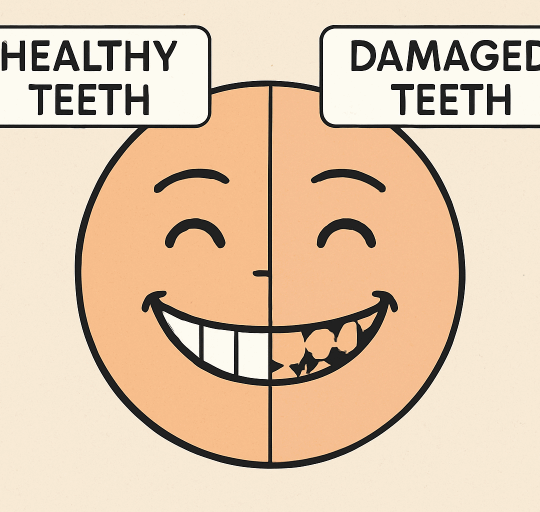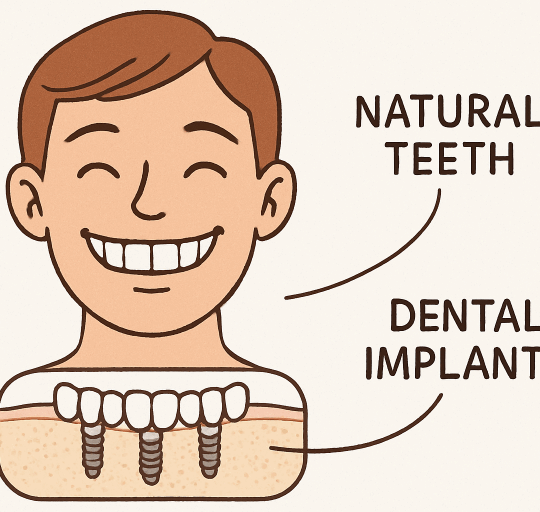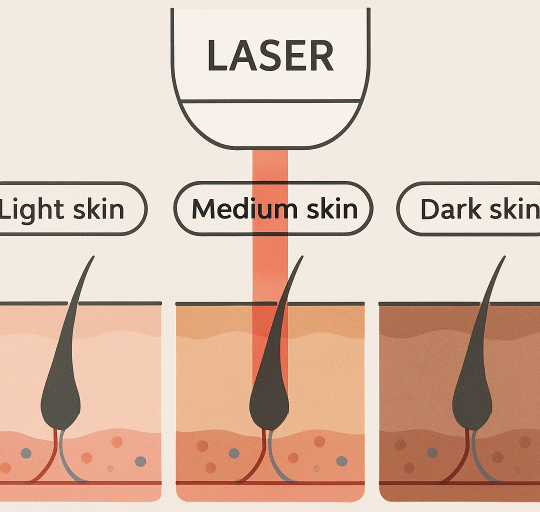
A state of mind where we can deal with the stresses of life positively and utilize our mental abilities with fewer restrictions is known as a state of mental wellbeing. Our mental wellbeing is ensured when we face no illnesses, have a positive outlook on life, and our productivity levels rise. But there are times when a situation becomes daunting to handle, and we give in to stress and emotional distress. It can be due to an unexpected distressful situation or some trauma. But sometimes, even the daily grind can become exhausting and drain you of your energy as well as your positivity. During such critical times, you must watch out for your emotional and physical wellbeing. Doing so will help you understand when to take a step back and give yourself some time to process and heal. But what are the signs that indicate that you are compromising your mental wellbeing?
Let’s take a look at them.
1. Feelings of hopelessness
A stressful situation or trauma often accompanies many negative emotions. At times, these negative emotions can accumulate a feeling of hopelessness in a person. When the sense of hopelessness becomes permanent or stays long enough to affect your perspective of life, it becomes a sign of emotional distress. It can hinder your performance and change your attitude towards your work, relationships, and life in general. Such negativity calls for immediate measures like seeking the help of a counselor. A counselor who has an online masters in counseling degree can provide ample support in such dreadful situations. They will help decipher the root cause of the negative emotions you feel and help you eradicate them gradually.
2. Irrational anger
Deteriorating mental and emotional health often increases our frustration. A person can suppress this frustration for some time. Still, often it releases in the form of anger outbursts at the slightest inconveniences. Having irrational anger outbursts affects your mood and mental health and hurts the people around you. Your anger and frustration can traumatize your loved ones and influence your personal affairs. In such cases, seeking help is essential for your wellbeing and those around you.
3. Insomnia
Tossing and turning in bed even when you’re tired seems like an awful way to spend the night. But often, people who experience anxiety, depression, and stress disrupt their natural REM sleep. The result is a sleep disorder known as insomnia that can make it hard for anyone to fall asleep. Therefore, if you find yourself having trouble falling asleep, staying asleep, or waking up tired every day, there are chances that you have insomnia. Insomnia is a common sign of emotional distress. It only works toward increasing your frustration and anxiety because of lack of sleep. As a result, you may begin feeling drained of energy, physical weakness, and lack of concentration. In this case, visit a neurologist to help deal with insomnia and related problems.
4. Lack of interest
Having a lack of interest in this regard is different from getting tired of your daily routine. When your mental health deteriorates, you start losing interest in even the most mundane things, such as eating food or getting up to shower. You find no energy to work or look after yourself. Reaching such a condition can cause severe damages to your health. Neglecting your work and studies can result in you getting fired from your job and failing in class. Such a state is highly alarming and calls for immediate actions such as seeking therapy from a professional.
5. Constantly upset stomach
Whoever said that stress does not affect our lives is wrong, as it can have a drastic effect on our physical health. A sure sign that you are undergoing too much stress is that you may have an upset stomach daily. Diarrhea, constipation, nausea are all adverse effects of stress on our body. Therefore, if the long trips to the bathroom are not because of the spicy burrito you ate, then it is time to control your stress levels. You can try meditation, exercising, therapy, massage, and other activities to relieve stress.
6. Forgetfulness and disorientation
Confusion, memory loss, disorientation, and loss of alertness can be the first symptoms of a severe mental illness such as depression or schizophrenia. These mental illnesses can lead to various issues such as loss of interest in things, constant confusion, and forgetfulness in your daily life. You may find yourself dissociating and unable to focus on the task on hand, or you may forget about critical activities. It also causes difficulties in making decisions and disorientates your thoughts. These signs are dangerous indications of severe illnesses and disorders, and you must seek help immediately.
Conclusion
It is regretful to say that mental illnesses are still considered taboo in the 21st century. People disregard them as something insignificant and take little to no measures to address these problems. But your mental wellbeing is essential for you to function efficiently and maintain a positive outlook on life. So, if you genuinely regard your happiness and productivity as important assets, then be mindful of these signs of deteriorating mental health. If you notice them in yourself, then take steps such as altering your habits and lifestyle or seek professional help.
